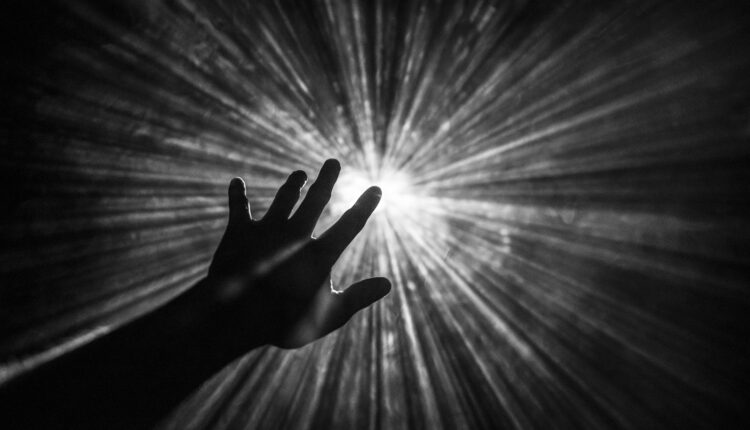
Ketamine Therapy Has The Potential To Thwart Suicidal Thoughts And Depression
A comprehensive review of dozens of academic papers has determined ketamine therapy has a rapid, short-term positive impact on patients battling depression and suicidal thoughts. The use of ketamine at structured intervals to prevent crippling depression and suicide ultimately makes the therapy quite promising in the context of mental health.
A Closer Look at the Analysis
Investors interested in psychedelic stocks are encouraged to pay close attention to the details of the analysis conducted by academicians at the University of British Columbia and the United Kingdom’s University of Exeter. The two groups of researchers analyzed 33 systematic reviews, 21 observational studies and nearly 30 randomized control trials.
The resulting paper was recently published in the British Journal of Psychiatry Open. The findings reveal the strongest evidence yet that ketamine will help treat bipolar depression and major depression, possibly reducing symptoms within one to four hours or less after a treatment that spans upwards of 14 days.
The analysis also determined one or several ketamine doses significantly reduces suicidal thoughts. Those thoughts were less frequent at the four-hour mark after treatment and thereafter. The reduction in suicidal thoughts lasted an average of three days and upwards of an entire week.
The lead author of the paper, Merve Mollaahmetoglu, states the analysis constitutes the most comprehensive review of the ever-expanding body of evidence pertaining to ketamine’s therapeutic effects. The findings indicate ketamine might be helpful in providing patients with rapid relief from suicidal thoughts and depression, presenting an opportunity for additional therapeutic interventions.
The review analyzed the use of ketamine within a structured clinical setting in which the risk of ketamine could be mitigated. The review pinpointed early evidence that ketamine therapy provides a significant benefit for additional psychiatric disorders ranging from obsessive compulsive disorders to post-traumatic stress disorders and anxiety disorders.
Those who have substance use disorders found the use of ketamine spurred a reduction in cravings in the short-term, minimized withdrawal symptoms and also helped reduce their level of drug/substance consumption.
A Caveat of Note
The researchers behind the studies analyzed above pointed out that ketamine therapy used for the treatment of psychiatric disorders aside from depression and potential suicide were conducted in small numbers, meaning they were not fully randomized. As a result, those in the psychedelics research space are calling for the studies to be repeated in randomized trials that are placebo-controlled and involve more participants. If such trials are conducted, the mainstream of academia, the media and investing will view the results in a different light.
The Takeaway
The takeaway from the research detailed above is that ketamine therapy has the potential to help treat conditions that have been difficult to treat in clinics with conventional treatment modalities. The pivot toward larger trials designed for acceptance in the mainstream of the medical community will help psychedelics eventually reach a tipping point at which they are accepted as acceptable treatment modalities.
In the meantime, researchers will continue to study ketamine therapy to gauge the optimal dosage level for the drug’s administration. Researchers are also hard at work attempting to determine the optimal means of preparing patients for the use of ketamine therapy.



